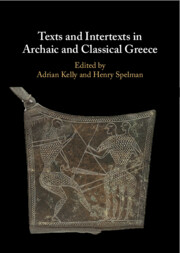This article attempts the first systematic look at the use of similes in the poetry of the imperial Greek poet Triphiodorus. It proposes that Triphiodorus, having access to a vast repository of epic poetry (and similes), draws on existing formulas, mechanisms and vocabulary, which he slightly modifies to make his mark. It concludes that similes i) are used to humorous effect, ii) occasionally defy Homeric rules and categorization, iii) offer a stage for emulation, competition or rivalry with predecessors, and iv) reflect key tenets of the poem’s programme.
